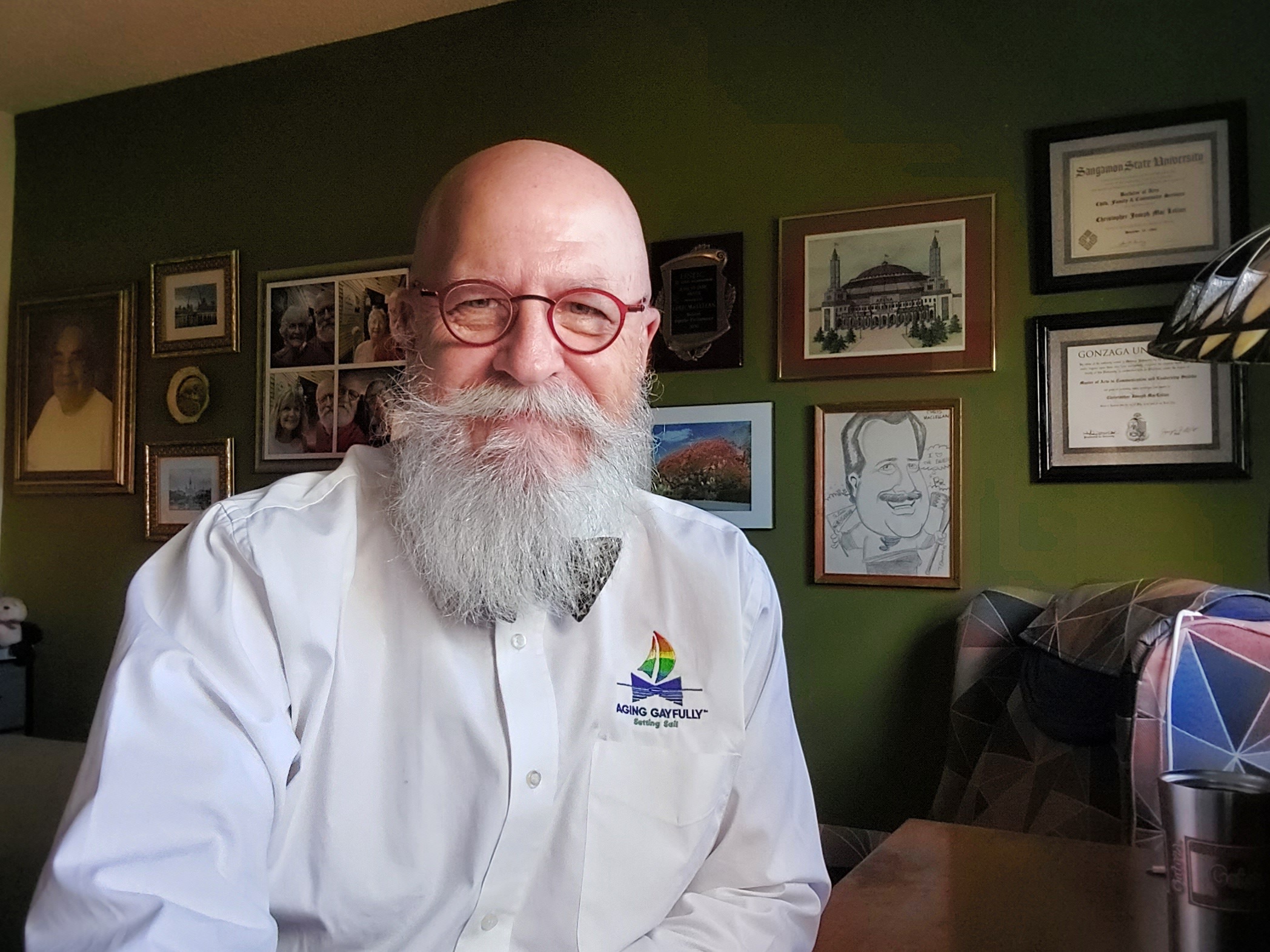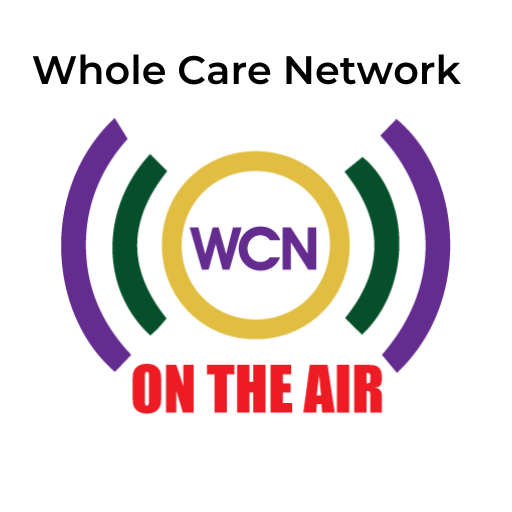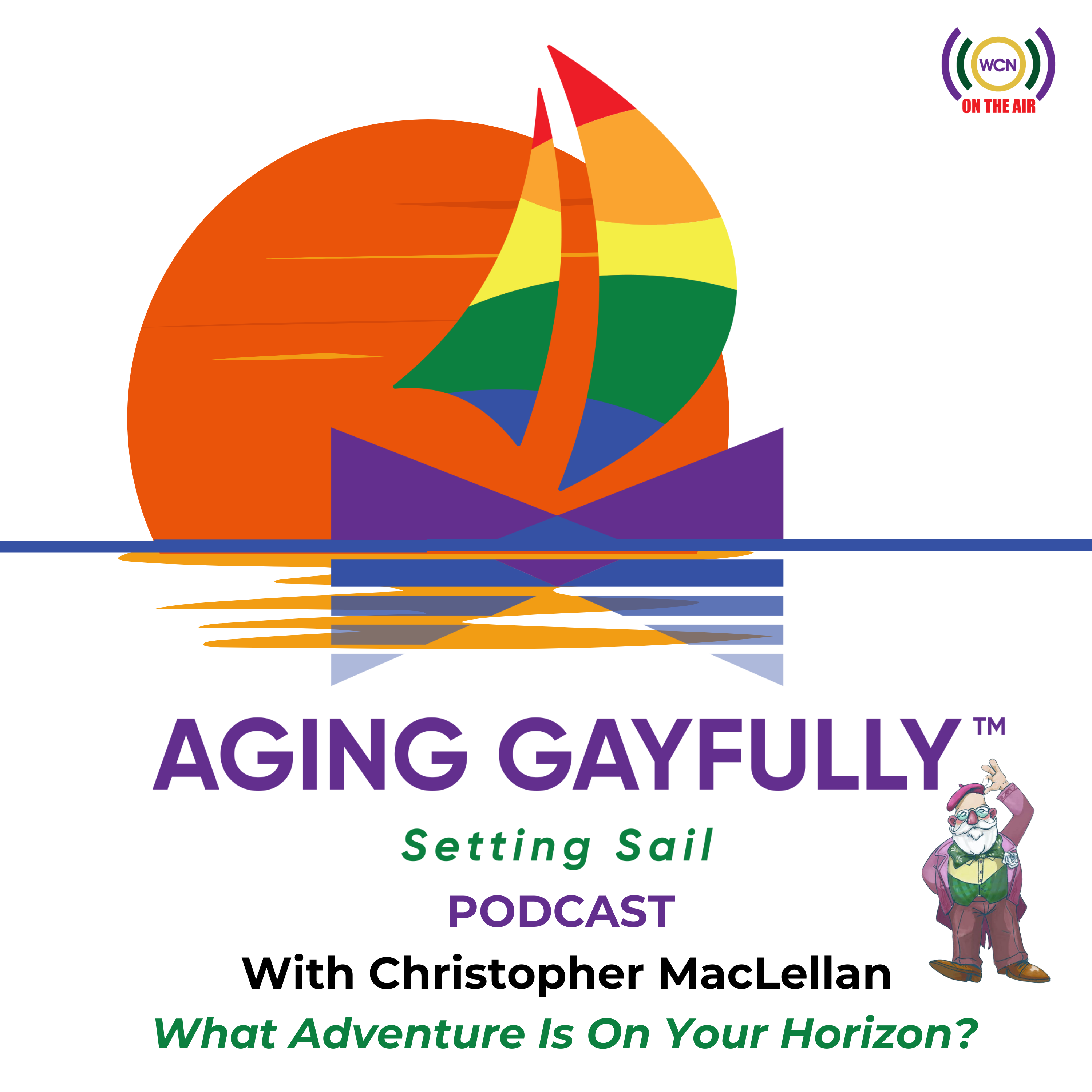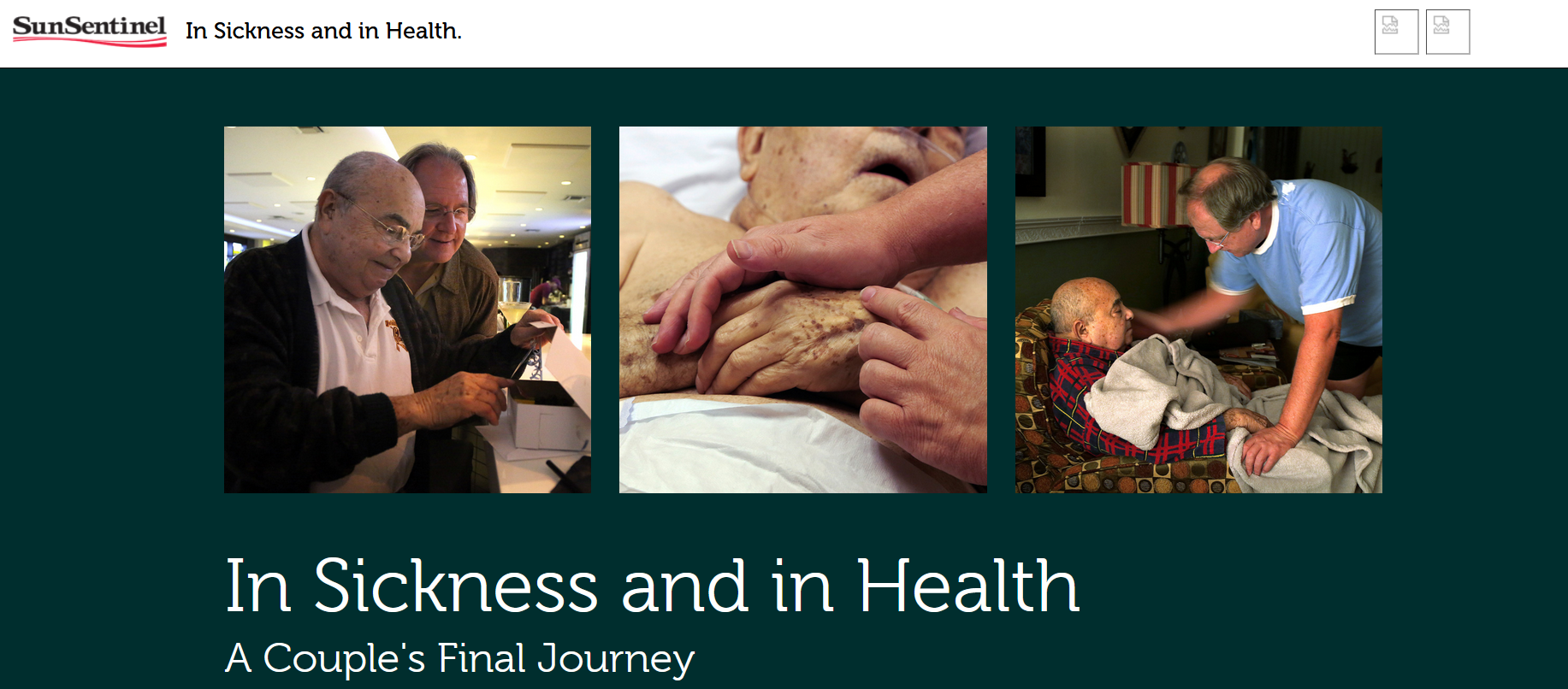A leader is one who knows the way, goes the way, and shows the way ~ John C. Maxwell
In November we celebrate National Caregiving month and it is always a good time to reflect and reconnect with good friends along the road during our Caregiving journey. As I read through many of the national organization who are running promotions this month to signify National Caregiving month, I started to think about my role as a family Caregiver and what being a family Caregiver meant to me. Being a family Caregiver taught me a number of valuable lessons, but the most important lesson I learned was after Caregiving ended and Richard was no longer with us, and that lesson is the importance of self-care. It is common for family Caregivers to lose themselves in the midst of Caregiving because our focus is so intense on our Caree. Now 18 months after Richard made his life transition, I am learning how to take better care of myself, (It is an up hill battle, that I will eventually win!)
Just recently I have come across a new meaning for family Caregivers, one that I have learned while finishing my masters degree in Leadership and Communication at Gonzaga University and that is the connection Caregivers have to Servant Leadership. With my ministerial background and theology training, I had been looking forward to my class in Servant Leadership. I was not disappointed.
Robert Greenleaf is known as the founder of Servant Leadership and once said: “The servant-leader is servant first. It begins with the natural feeling that one wants to serve, to serve first. The conscious choice brings one to aspire to lead. That person is sharply different from one who is a leader first, perhaps because of the need to assuage an unusual power drive or to acquire material possessions.” While our class in Servant Leadership often focused on Business, Managers and Work Place Culture, I often commented in our classroom discussions about how Caregivers are Servant Leaders, because of our role to serve first, to advocate, to be the voice for those who could not speak, to put ourselves second.
Some of the characteristics of a work-place driven by Servant Leadership is that staff is fully engaged, feel a strong commitment to the cause, find purpose and have passion. Servant Leaders are mindful of the whole, while understanding  that people have to feel empowered, lovable, connected and contributing. I see quite a bit of philosophy entwined with Servant Leadership and Caregiving. Caregivers are commitment to the cause, and do find purpose and have passion to care. Caregivers are mindful of their Caree, while understanding that their Caree needs to feel empowered, loved, connected and contributing. Caregiving and Servant Leadership goes hand-in-hand because of the innate ability to think beyond our self.
that people have to feel empowered, lovable, connected and contributing. I see quite a bit of philosophy entwined with Servant Leadership and Caregiving. Caregivers are commitment to the cause, and do find purpose and have passion to care. Caregivers are mindful of their Caree, while understanding that their Caree needs to feel empowered, loved, connected and contributing. Caregiving and Servant Leadership goes hand-in-hand because of the innate ability to think beyond our self.
In essence, we are all Servant Leaders in training and our training in Servant Leadership is on going, it never stops. Servant Leadership is about relationships. Even after Caregiving has ended for me, I still in training, learning how to care for myself, while in the midst of being present to my family, friends and co-workers. Caregiving and Life After Caregiving is about Relationships, too!
I see the connection to Servant Leadership and Caregiving, do you?
Oh…what did being a family Caregiver mean to me? It meant the world! Because in the end, just as in the beginning, we were fortunate to have some of the most meaningful conversations with each other, while spending every second, minute, hour, day, month and year together. I would do it again with him, all over, with no regrets!
Chris MacLellan is the Author of “What’s The Deal With Caregiving” and Host of “Healing Ties: Creating A Life to Love After Caregiving Ends.”
To purchase the book, simply click here!

 Allison Elkow Lazicky from Top Notch Teams is serving up Servant Leadership in more ways than one. Using the metaphor of an Oreo Cookie, Allison sets the stage by saying that before one can dig into the delicious center cream, we set expectations with the top half of the cookie and learn how to develop an attitude of gratitude with the bottom half of the cookie. I love the metaphor of the Oreo Cookie and Servant Leadership.
Allison Elkow Lazicky from Top Notch Teams is serving up Servant Leadership in more ways than one. Using the metaphor of an Oreo Cookie, Allison sets the stage by saying that before one can dig into the delicious center cream, we set expectations with the top half of the cookie and learn how to develop an attitude of gratitude with the bottom half of the cookie. I love the metaphor of the Oreo Cookie and Servant Leadership.

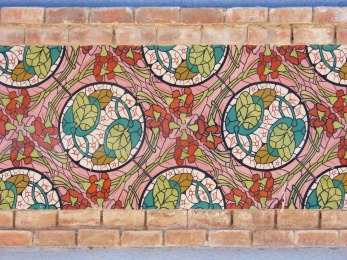 power drive or to acquire material possessions.” While Servant Leadership focus is on Business, Managers and Work Place Culture, I see a connection to Caregivers as Servant Leaders because of our role to serve first, to advocate, to be the voice for those who could not speak, to put ourselves second.
power drive or to acquire material possessions.” While Servant Leadership focus is on Business, Managers and Work Place Culture, I see a connection to Caregivers as Servant Leaders because of our role to serve first, to advocate, to be the voice for those who could not speak, to put ourselves second. while employers made adjustments in personnel policies to accommodate working parents. Now changes in FLMA are being proposed through local, state and nation wide legislation to impact the lives of family caregivers. This is happening not only because caregivers are sharing their stories, this is happening because family caregiving is taking place in every neighborhood, and in every boardroom. While in the midst of caregiving, we as family Caregivers do not recognize that we are the backbone of the American Health Care System. Yet when caregiving ends, and we have time to reflect on our time spent as a caregiver, we come to recognize the important role we played as an advocate. That is why we as caregivers, continue on with our mission; to share, to educate, and to heal.
while employers made adjustments in personnel policies to accommodate working parents. Now changes in FLMA are being proposed through local, state and nation wide legislation to impact the lives of family caregivers. This is happening not only because caregivers are sharing their stories, this is happening because family caregiving is taking place in every neighborhood, and in every boardroom. While in the midst of caregiving, we as family Caregivers do not recognize that we are the backbone of the American Health Care System. Yet when caregiving ends, and we have time to reflect on our time spent as a caregiver, we come to recognize the important role we played as an advocate. That is why we as caregivers, continue on with our mission; to share, to educate, and to heal.


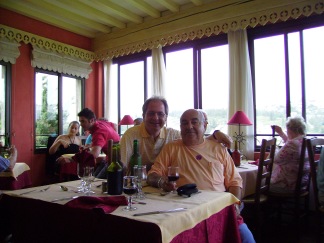


 Oh, there are many things I still want to do that were on our bucket list: visit the Grand Canyon, drive to Mount Rushmore, fly to Hawaii, more transatlantic cruises and a train ride through the Canadian Rockies. Now it is time to dust off the bucket list!
Oh, there are many things I still want to do that were on our bucket list: visit the Grand Canyon, drive to Mount Rushmore, fly to Hawaii, more transatlantic cruises and a train ride through the Canadian Rockies. Now it is time to dust off the bucket list!
 So I think adding a little asterk at the end of your bucket list to include Caregiving is a great thing to do. The asterk can be a subtle reminder to have all your legal documents in order, or to be mindful of the unexpected, but most importantly-the asterk will remind you not to procrastinate and accomplish as many items on your bucket list as possible, because before you know it, the asterk arrives at the top of your list and your bucket list then starts to gather dust.
So I think adding a little asterk at the end of your bucket list to include Caregiving is a great thing to do. The asterk can be a subtle reminder to have all your legal documents in order, or to be mindful of the unexpected, but most importantly-the asterk will remind you not to procrastinate and accomplish as many items on your bucket list as possible, because before you know it, the asterk arrives at the top of your list and your bucket list then starts to gather dust.


